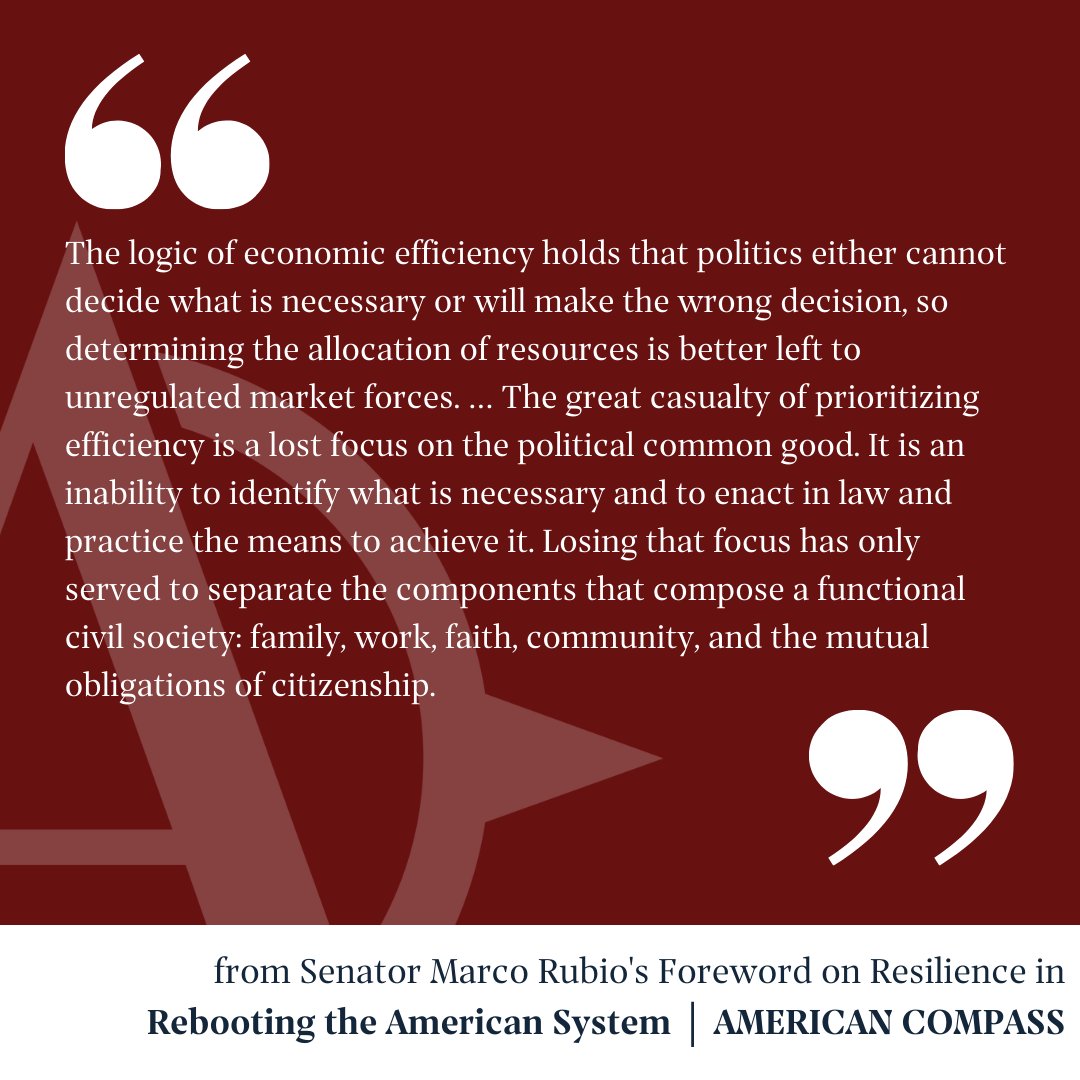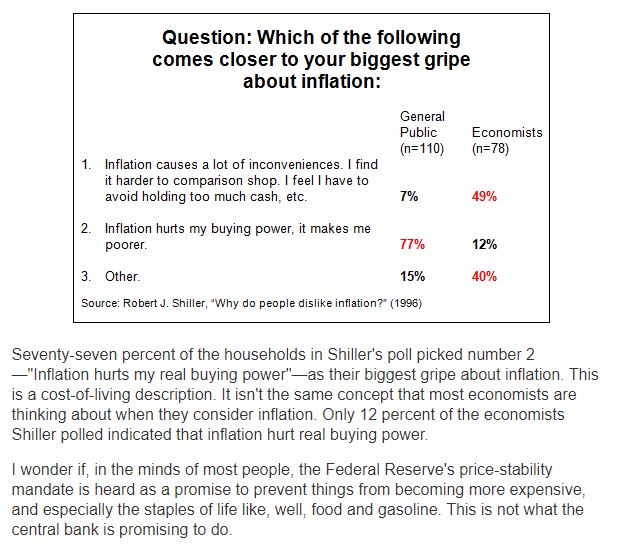
Today @nytimes, I separate the debate over child allowance proposals into two separate questions:
(1) Should we send more financial help to working families? ✅
(2) Should the safety net deliver unconditional cash to the non-working poor? ❌
nytimes.com/2021/03/02/opi…
(1) Should we send more financial help to working families? ✅
(2) Should the safety net deliver unconditional cash to the non-working poor? ❌
nytimes.com/2021/03/02/opi…
American families are struggling to make ends meet and an expansion of the social compact to better support them makes sense. But such a program should expect that families are doing their part to support themselves, and go to those with at least some earned income. 

By contrast, trying to tackle poverty by just giving cash to households disconnected from the workforce is a bad idea. We should absolutely have a strong safety net, but just "Give People Money" isn't the right answer. 

Proposals for universal, unconditional family benefits package together a potentially popular, durable expansion of the social compact for working families with a radical, no-strings-attached-cash approach to the safety net. Let's not hold one hostage to the other. 

We can debate both, but they're very different propositions. @wellscking and I propose a straightforward way to create a family benefit that reaches all working families -- we call it the Family Income Supplemental Credit, or Fisc. americancompass.org/essays/the-fam…
• • •
Missing some Tweet in this thread? You can try to
force a refresh















